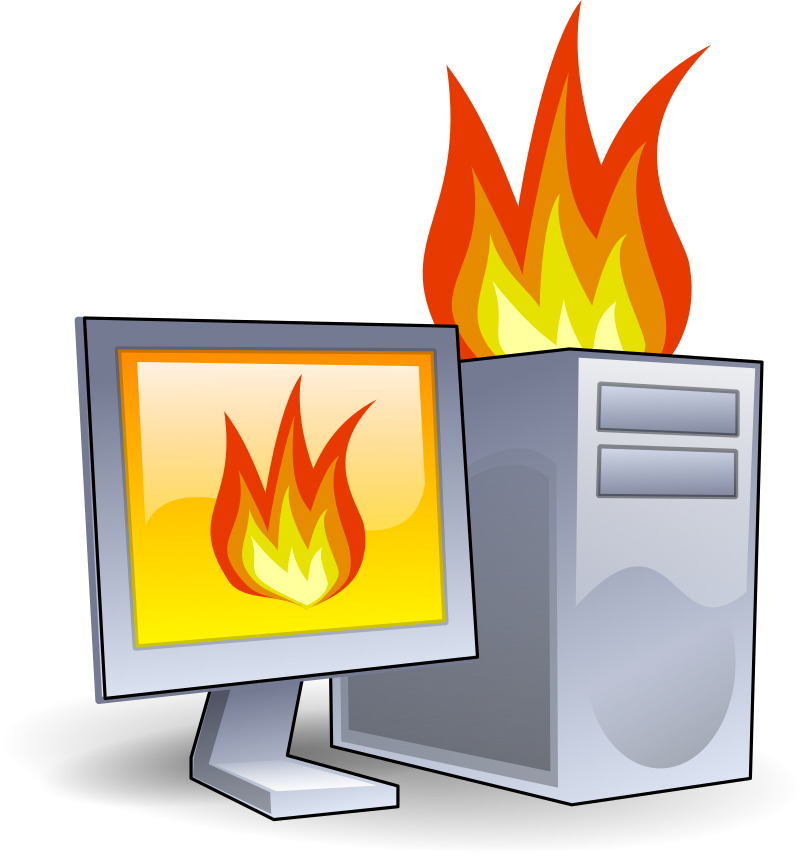In the past few weeks, there has been passionate discussion on privacy as related to the internet, and what crosses the line between sharing public information online and serious threats to a person’s safety.
The term “doxxing,” short for “dropping dox,” with “dox” being short for “document,” refers to the act of revealing identifying information about someone online without the person’s permission. This can mean posting a person’s workplace, home address, or even their financial information.
It’s the general public opinion that giving out such personal information is morally reprehensible and can seriously endanger the person who is doxxed. The reason this has become a hot-button issue now is that millions of people have witnessed a very public example of doxxing.
Alia Shelesh, better known as YouTube star “SSSniperwolf,” posted a video of the home of Jack Douglas, better known as “Jacksfilms,” on one of her Instagram stories. Shelesh and Douglas had been feuding for some time when she posted the video, with Douglas accusing her of content theft.
Shelesh manages a reaction channel where she films herself reacting to multiple TikToks per video. Douglas has a channel dedicated to satirizing Shelesh’s content, titled “JJJacksfilms.”
On this channel, Douglas reacts to Shelesh’s videos and points out whether or not she credits the original TikTok creators. This undoubtedly damaged Shelesh’s image and likely damaged her income from her “SSSniperwolf” channel.
While Douglas’ mockery and its effects don’t excuse Shelesh’s actions in any way, they do explain why someone would maliciously jeopardize a person’s well-being in the name of greed.
YouTube responded by temporarily demonetizing Shelesh’s channel instead of deplatforming her entirely. This is somewhat contradictory because YouTube’s harassment and cyberbullying policies state, “We don’t allow content that targets someone with prolonged insults or slurs based on their physical traits or protected group status, like age, disability, ethnicity, gender, sexual orientation, or race. We also don’t allow other harmful behaviors, like threats or doxxing.”
So, while YouTube may say that it doesn’t tolerate harassment or persecution, “SSSniperwolf” is still allowed on the platform after her suspension is up. This is probably because the channel is one of YouTube’s most lucrative. Due to the success of “SSSniperwolf” channel, Shelesh has ammassed a net worth of roughly $8 million.
There was considerable backlash following YouTube’s “SSSniperwolf” decision and on Oct. 14, a change.org petition was created to have Shelesh permanently deplatformed. Since its creation, the petition has racked up over 27,000 signatures.
The creator of this petition, who goes by Tobias, states, “This behavior is unacceptable and violates YouTube’s policies on harassment and cyberbullying. It sets a dangerous precedent if left unchecked which could encourage others to follow suit with similar harmful actions.” True justice sometimes can’t prevail if there’s a big price tag and a company’s income is at stake.
With such an internet-oriented society, it is incredibly frustrating how lax the consequences can be in regard to doxxing. Usually, there are no substantial legal or financial repercussions for these actions, even if it means the victims will have their lives forever changed.
The technique was popularized in the mainstream during the Gamergate Movement. This was where men were motivated by bigotry to attack certain moguls in the video game industry. Anita Sarkeesian, Zoe Quinn and Brianna Wu were some of the movement’s biggest targets.
The men released extremely personal information about these women to the public, such as their addresses and their personal photos. While it was an unethical and dangerous practice, it popularized doxxing, and it looms over anyone who logs onto the internet.
Using doxxing as a tool in the name of activism or retaliation was detrimental to online etiquette. Due to how social media platforms thrive on divisiveness and anger to fuel engagement, doxxing is seen as the “final act” in the name of whatever your cause is.
Doxxing is always done with some form of ill intent, and most doxxers are aware that their actions cause undue harm. This is why doxxing is an actively malicious act, and no matter your personal beliefs, it is morally beyond the pale.
There should be major legal repercussions for giving away personal information online and yet there is not. In some cases, there are barely any consequences on social media platforms beyond a slap on the wrist.
While the Internet is an ever-changing and evolving place, I believe that the practice of doxxing is old enough to where it should be firmly illegal. Due to heavy social media usage from so many people across the world, there is very little education about internet safety and etiquette. There should be concrete steps taken to make sure this practice is not tolerated.













